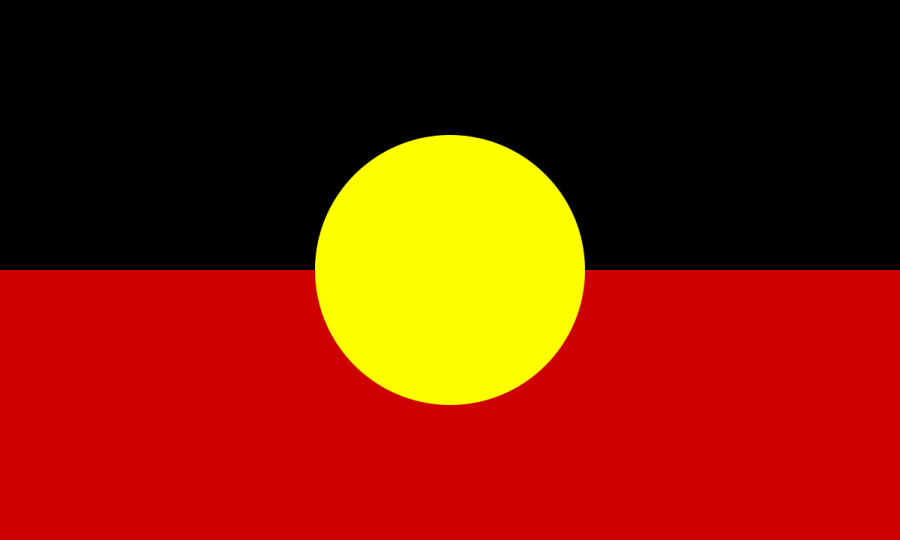Arnhem Land’s most famous gardener, Wangurri Garden Project Coordinator Timothy Buthimang, brings a new dimension to discussions about Aboriginal self-determination. Since the 1970s he has facilitated the movement of Yolngu back to their homelands by creating gardens to supplement store foods and traditional hunting and gathering. Buthimang is concerned that Yolngu adhere to the laws of old and follow in the footsteps of their ancestors, but he also believes that Aborigines must be alert and receptive to new ideas that will give them the freedom to work the land and sea as they did before their move into centralized mission stations in the early to mid 1900s.
Buthimang’s initiative was the result of long years of meditation on his traditional heritage. One of the major Wangurri totems—together with the barramundi, dugong, and sandfly—is a living fossil plant called the cycad or, in Yolngu nomenclature, the Dinggu. In the days before contact with Indonesians and Europeans, Yolngu would process the toxic seeds of the Dinggu into a dietary staple, damper, or sand bread. The primeval cycad resonates with meaning for Yolngu, and Buthimang is a spokesperson for the cycad’s songs, dances, and “law.” In cycad narratives, the “man-tree” travels across the country linking the various clans of the Yirritja moiety as one—and this is exactly what Buthimang has in mind with his garden project.
Many Yolngu are hesitant about digging in the earth, even to grow fruit and vegetables; they believe the land too sacred to be altered. But according to Buthimang, the law of the cycad has a new dimension and message for the current generation. The cycad drew nourishment from the soil to feed the Yolngu in the past, and today it is right to till the soil for the foods that Yolngu need to survive—bananas, cassava, mangoes.
In helping Yolngu build market gardens on their Dhalwangu, Mandjikay, and other homelands, Buthimang is acknowledging, affirming, and reestablishing the Wangurri ties with these clans—ties established long ago when the Dinggu walked the earth as a human being. When Buthimang engages with his “brother” clan members in distant territories, it is not as an individual, but as the cycad itself; as the living embodiment of its law. He spreads an ancient message of partnership, celebration, and survival.
Mission and post-Mission community experience in Arnhem Land has been a story of compromise; non-Yolngu determine the manner in which health care is implemented and what is taught in the schools as well as who teaches it. Non-locals—who have little empathy with the Yolngu and their struggles—dominate council administration. In the broader region, Yolngu have been asked to agree to mining in fragile environments, to permit fishing of totemically important species in contested waters, and to allow the construction of roads and pipelines over sacred sites. But in the homelands, at least, the people have lived a life of their own choosing, in accordance with their own priorities. With an awareness that the Yolngu could no longer count on government and church support, Buthimang decided to use the skills he had acquired as the mission gardener to help the Yolngu re-establish themselves—permanently—on their ancestral lands. And his work continues. His latest project is at Galawara on Elcho Island, where he works closely with Yalu (see page 21) in providing employment opportunities for Wangurri and other Galiwin’ku youth to produce much needed fresh foods for the community.
You can support the Wangurri Garden Project by posting your tax-deducible contributions to Cultural Survival, 215 Prospect Street, Cambridge, MA 02139, or directly to Buthimang, care of the Resource Centre, Galiwin’ku, Elcho Island, NT 0820, Australia.

